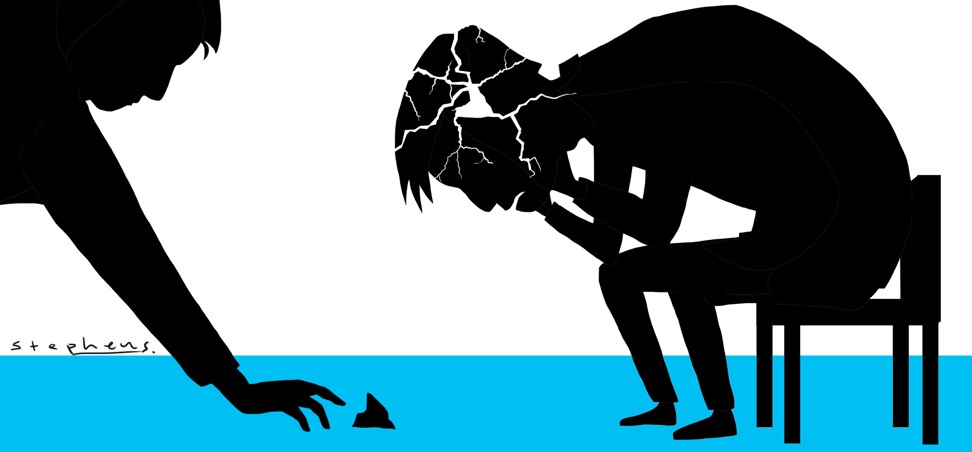Category: Human Rights
-

Decriminalization of Attempt to Suicide
By Pooja Meena, National Law University, Jodhpur. The word suicide has not been defined in the Indian Penal Code. The Black’s Law Dictionary defines suicide as “The act of taking one’s own life. It is also termed as self-killing, self-destruction, self-slaughter, self-murder, felony-de-se or death by one’s own hand.“[1] In India, not only abetment of suicide…
-
Media and Censorship
By Deepti Purwar, Law College Dehradun. Censorship is the suppression of speech, public communication or other information which may be considered objectionable, politically incorrect or inconvenient as determined by governments, media outlets, or authorities. More often than not, there is news of something getting banned somewhere in the world for reasons that seem unreasonable to…
-
PaHaL (Pratyaksha Hastaantarit Laabh)
By Sania Siddiqui, Amity Law School, Jaipur. The Government of India provides Liquefied Petroleum Gas (LPG) to domestic households at heavily subsidized rates in 14.2 Kg cylinders up to the prevailing cap of cylinders per annum per household. Supplies are made by the consumer through a wide distributor network of Oil Marketing Companies (OMCs). LPG cylinders from…
-
Should death penalty be banned?
By Deepti Purwar, Law College Dehradun. Capital punishment is a legal process where a person is put to death by the state as a punishment for a crime. The capital punishment is in the form of death. The basic purpose of criminal laws of any nation is reformation and not retribution. It is the duty of State…
-
A Study on the Agenda of Human Rights
By Jaskiran Kaur, Amity Law School, Delhi. The death penalty entails the taking away of a person’s life after conviction on a capital offence by a competent court. The death penalty is still a legitimate form of punishment in some parts of United States of America, Saudi Arabia, and China.[1] The International Covenant on Civil and…
-
Censorship of Media in India
By Dewal Nath Tripathi, Vivekananda Institute of Professional Studies, New Delhi. Censorship of media, which involves the suppression of speech or other public communication, raises issues of freedom of speech, which is nominally protected by the Indian constitution. This plays a very pivotal role in Indian media and we are bound to follow the rules set…
-
Slumber: It’s my Right!
By Prerna Tara, University of Petroleum and Energy Studies, Dehradun. Sleep is a natural and key fixing of the fundamental necessities of life. On the off chance that rest is irritated, the psyche gets muddled and it disturbs the well-being cycle. Sleep, in this manner, is a self-reviving component of our life cycle and is, consequently,…
-
Holy Cow: It’s a beef ban!
By Anjali Bablani, Faculty Of Law, Delhi University. Maharashtra, India’s third largest state in terms of area, second largest in terms of population and home to the nation’s financial capital, imposed a five-year jail sentence and Rs 10,000 fine for sale or possession of beef. Dr. Pranab Mukherjee, the President of India, finally gave his assent…
-
The Quota System: Is it abiding by the Ideals of Equality?
By Prerna Tara, University of Petroleum and Energy Studies, Dehradun. India is the main vote based system on the planet that made unequivocal protected also legitimate procurements for compensatory separation, famously known as reservations, for the progression of the truly discouraged and socially retrogressive areas of the general public. It has been striving to strike a harmony…
-
Irom Sharmila and her struggle to repeal AFSPA
By Chandan Mohanty, KIIT Law School, KIIT University, Bhubaneswar. On 2nd November 2000, in Malcom, a town in Imphal Valley of Manipur, ten civilians were shot and killed while waiting at a bus stop, by the Assam Rifles, one of the Indian Paramilitary forces operating in the state. This incident became famous as the ‘Malcom Massacre’ which…
